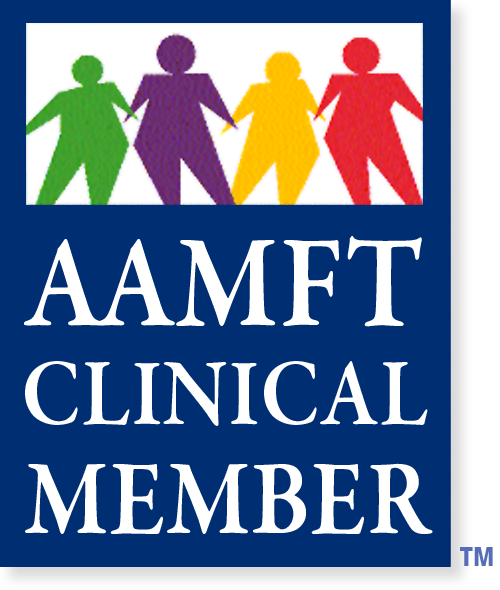Many view the illness of chemical dependency and addiction with the assumption that sobriety (the absence of drinking or substance abuse behavior) indicates true wellness. But actually there exists many degrees of wellness, just as there are degrees of substance misuse.
An addiction/ wellness continuum can be envisioned which illustrates the relationship of the treatment model to the wellness model. One end of the continuum indicating a progressively worsening state of health (premature death/ chronic addiction) and the other end of the continuum reflecting increased levels of personal health & self awareness ( aka: recovery well-being ).
As part of this recovery wellness continuum, the treatment model whether it be outpatient or inpatient care, merely brings the individual to a neutral center point on the continuum: A middle point on the continuum where the symptoms of “dis-ease “(addiction) have been alleviated. This recovery wellness model can be used at any point on its continuum to help the individual move towards higher levels of personal wellness. For example; many people in recovery lack the physical symptoms of addiction, having reached the state of so called sobriety yet still remain; bored, depressed, tense, anxious, or generally unhappy with their lives. Such emotional states are fertile ground for relapse and a deprivation of physical, psychological, social – familial and spiritual health.
The recovery wellness model is not intended to replace the treatment model but to work in harmony with it. It has its outcome in moving beyond the absence of addiction symptoms towards higher levels of wellness, represented within increased states of awareness and personal growth.
So ask yourself as a person in recovery: How balanced do I feel; mentally, emotionally, physically, interpersonally and spiritually?
